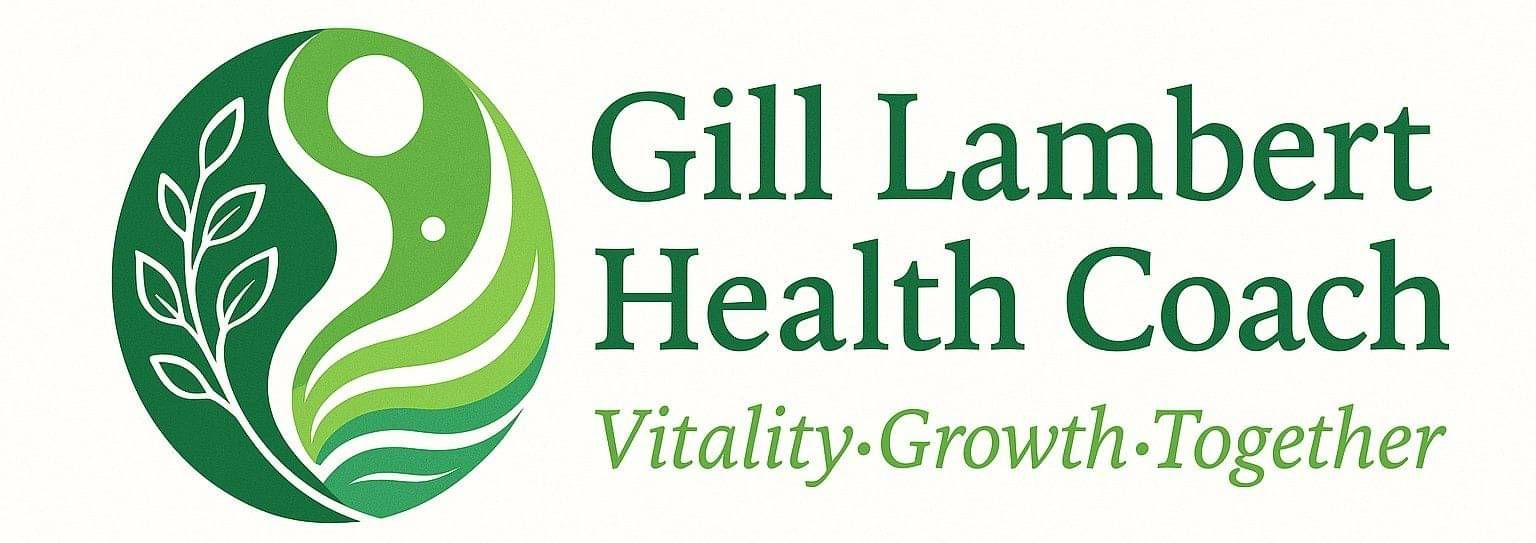As we move into spring and shake off the long winter slumber, many of us start thinking about refreshing our routines, shedding a few kilos, and getting back on track with healthy habits. The holiday season is behind us, but its indulgences linger in our routines, our bodies—and in our minds.
Our busy lives and the myriad of issues we face can make sticking to exercise and eating plans feel impossible. Slip-ups happen. But here’s the secret to getting back on track: self-compassion.
Choose Compassion Over Criticism
It’s all too common—especially among women—to criticise ourselves when we don’t meet our own expectations. And research shows that self-criticism often leads to further unhealthy choices.
Imagine this: You’re at an event, eyeing the buffet. You’ve promised yourself you’ll stick to the carrot sticks. Then your friend bites into a chocolate brownie. You give in, take a piece … and count every calorie. Guilt sets in, disappointment floods your mind, and you feel bad about yourself. Then, in an attempt to soothe the guilt, you eat another… and maybe another.
Studies show this pattern—slip-up, self-degradation, self-soothing with food—can sabotage weight management over time.
The healthier approach? Self-compassion. Kristin Neff, PhD, author of Self-Compassion, says the key is to show yourself a little love.
Whether you’ve over-indulged or skipped a workout, don’t judge yourself harshly. Acknowledge the slip-up, forgive yourself, and recognise that things don’t always go as planned. Self-compassion calms the negative emotions that drive you to continue eating or skipping exercise. It allows you to look objectively at mistakes and get back on track toward your goals.
Preliminary studies suggest that when women allow themselves self-compassion after indulging in “forbidden” foods—like a donut or milkshake—they can refocus on their weight-loss goals instead of spiraling into further indulgence. www.self-compassion.org
Develop Self-Compassion
Pamela Peeke, MD, and former chair of the Curves Science Advisory Board, reminds us: “Shoot for progress, not perfection. Aim to do your best under the circumstances life has given you. Instead of 100 percent, aim for 80 percent; the other 20 percent is being human.”
Neff also offers a simple exercise to cultivate self-compassion anytime disappointment strikes:
Self-Compassion Exercise
Find a comforting physical gesture, such as placing your hands over your heart, or hugging a tree or pet.
Take a few moments to feel warmth and your heartbeat.
Speak words of self-compassion: “I don’t feel good about what just happened, but mistakes are part of living. May I be kind to myself, and may I feel the compassion I need right now.”
Treat yourself as you would a friend who feels they’ve failed. That kindness will carry you forward toward your goals.
As we step into brighter days, remember: being kind to yourself matters. Every small act of self-compassion—acknowledging a slip, celebrating a choice, or simply forgiving yourself—adds up. Treat yourself as you would a friend, and you’ll find it easier to stay on track, feel lighter, and keep moving toward your goals.

